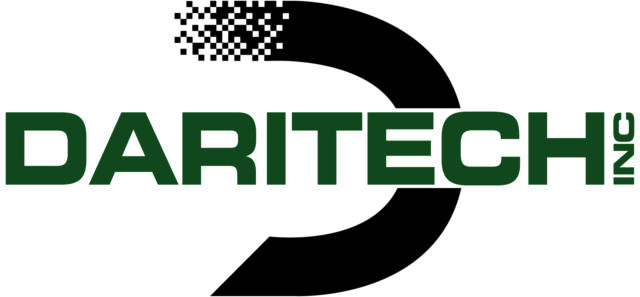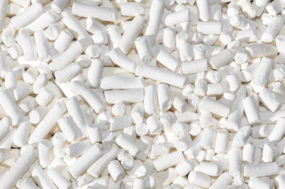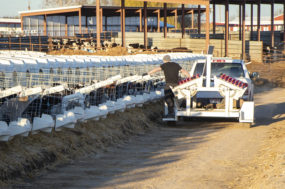The University of California Davis, under contract with the State Water Board, conducted an independent investigation of nitrate contamination of drinking water in the Tulare Lake Basin and the Salinas Valley. The report examines sources of nitrate contamination, impacts and costs, as well as outlining potential funding and policy options. Dairy farms of the Tulare Lake Basin and the manure nitrogen they produce are prominently mentioned in the report. Agriculture is listed as responsible for 96 percent of the nitrate accumulation with dairy being about one-third of that, so we need to not only pay attention to the ensuing discussion, but to be active participants. Denial is not an option.
It is important to acknowledge that all people deserve clean and safe drinking water. Agriculture and dairy must be part of the solution. Several public workshops to explain the findings of the study have been held, and ag representatives have clearly stated we are not ducking the issue. The most recent of these was May 3 at the Kearney Ag Center in Parlier, California.
It was attended by an overflow crowd and many good questions were asked by the audience. In this meeting, as in most of the public workshops, there appears to be a good understanding that the nitrate accumulation is, in part, a legacy of past practices and that current agricultural practices are more protective.
There also seems to be a good understanding that no single group or agency is capable of handling the problem alone and that collaborative activities are necessary to accomplish results. But it is also clear that we are expected to do more.
The study bluntly stated that too much nitrogen was being used on valley farms, but it also recognized that adequate fertilization was necessary for economic crop yields. The authors proposed several actions that might be undertaken to stimulate less overall nitrogen use.
These ranged from outreach and education, research, nitrogen use reporting, to a nitrogen fertilizer mill fee. The study authors consider the nitrogen mill fee to be absolutely essential to avoid further groundwater degradation. Obviously this may well be the most controversial part of ensuing discussions. We will be working to make sure that no actions are taken that may deter the expanded use of dairy manures.
The study was also presented to the State Water Resources Control Board at a hearing May 23 in the CalEPA building in Sacramento, California. Public comments were accepted and ag representatives provided theirs. After this hearing the report was forwarded to the legislature, where further discussion is sure to occur.
California agriculture and California dairy farmers will be part of future activities regarding nitrate in drinking water. We will point out that we intend to be part of the solution. We will also make sure that people understand that we do not farm the way we did 50 years ago, or 20 years ago, or even five years ago. We will farm differently next year and in years hence.
Dairying and farming practices will continue to evolve in response to new information and opportunities. And that’s a good thing for dairymen, for consumers and for the quality of our water. PD
Paul Martin is the director of Environmental Services for Western United Dairymen.







